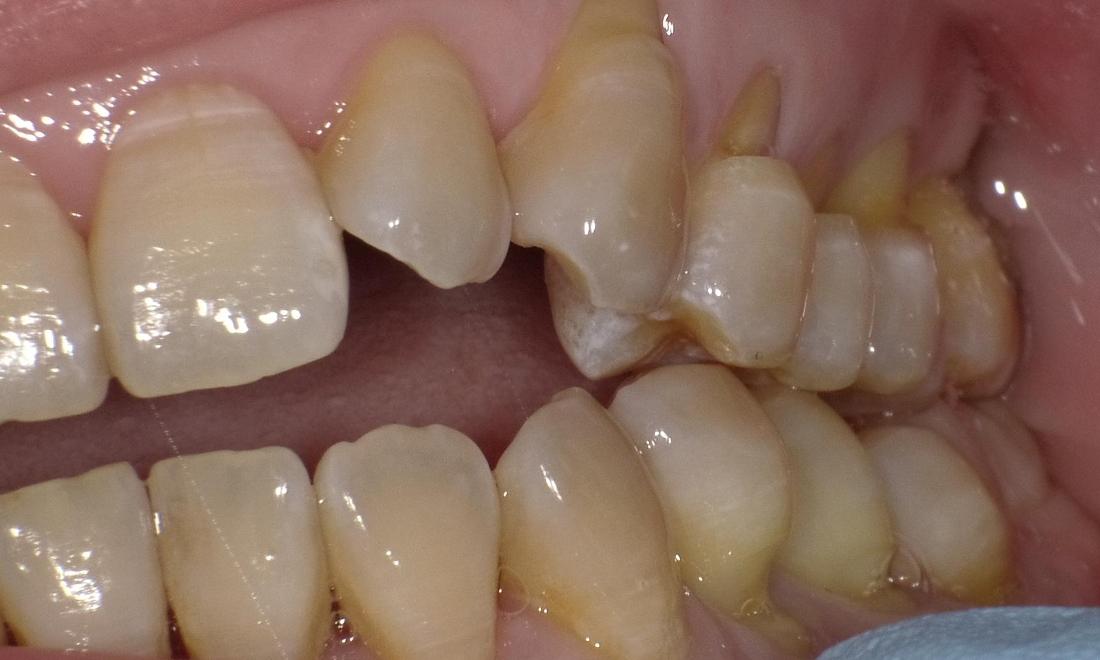Teeth Bleaching Pregnancy Guide
Pregnancy is a time of significant change in a woman’s life, and maintaining good oral health is crucial not only for the mother’s well-being but also for the health of the developing fetus. One aspect of oral health that may concern pregnant women is teeth bleaching or whitening. The desire for a brighter, more radiant smile is understandable, but it’s essential to approach teeth bleaching during pregnancy with caution and under the guidance of a dental professional.
Understanding Teeth Bleaching
Teeth bleaching, also known as teeth whitening, is a cosmetic dental procedure used to lighten the color of teeth. It involves the use of a bleaching agent, typically hydrogen peroxide or carbamide peroxide, which penetrates the tooth enamel to oxidize and break down stains. The effectiveness of the treatment can vary depending on the severity of the discoloration and the type of bleaching agent used.
Safety Concerns During Pregnancy
The primary concern with teeth bleaching during pregnancy is the potential effect of the bleaching agents on the fetus. While there is limited research specifically addressing the safety of teeth bleaching during pregnancy, dental professionals generally recommend exercising caution. The main issue is not the bleaching agent itself, which is considered safe in small doses, but rather the lack of comprehensive studies on its use during pregnancy.
Current Guidelines and Recommendations
Most dental associations and health organizations advise against elective dental procedures during pregnancy, especially during the first trimester, when the fetus is most vulnerable to external influences. Teeth bleaching is considered an elective cosmetic procedure, and as such, it is generally recommended to postpone it until after pregnancy.
However, if a pregnant woman is experiencing significant tooth discoloration that affects her self-esteem or if there are other compelling reasons for teeth bleaching, she should consult with her dentist. The dentist can assess the situation and provide personalized advice based on the individual’s oral health and the stage of her pregnancy.
Alternatives to Teeth Bleaching During Pregnancy
For pregnant women who desire a brighter smile, there are alternatives to professional teeth bleaching that they can consider:
- Maintaining Good Oral Hygiene: Regular brushing and flossing can help prevent new stains from forming and keep the teeth looking their best.
- Dental Cleaning: A professional dental cleaning can remove surface stains and improve the overall appearance of the teeth.
- Whitening Toothpaste: Using a whitening toothpaste at home can provide a mild whitening effect over time. However, it’s essential to choose a toothpaste that is safe for use during pregnancy and follow the manufacturer’s instructions.
Precautions and Considerations
If a pregnant woman decides to proceed with teeth bleaching, either at home or professionally, there are precautions she should take:
- Consult a Dentist: Before starting any teeth bleaching treatment, it’s crucial to consult with a dentist who is aware of the pregnancy and can provide guidance tailored to the individual’s situation.
- Choose Safe Products: If using at-home whitening products, select those that are approved by dental associations and contain safe, recommended levels of bleaching agents.
- Follow Instructions: Adhere strictly to the instructions provided with any teeth bleaching product to minimize exposure to the bleaching agent.
Post-Pregnancy Teeth Bleaching
For many women, the best time to consider teeth bleaching is after pregnancy, when it is safer to undergo elective dental procedures. Post-pregnancy teeth bleaching can be an excellent way to restore a radiant smile, especially after any changes in tooth color or appearance that may have occurred during pregnancy.
Conclusion
While teeth bleaching during pregnancy is not strictly forbidden, it is generally recommended to approach it with caution and ideally postpone it until after pregnancy. Maintaining good oral health through regular dental check-ups, cleanings, and proper at-home care can help pregnant women achieve and maintain a healthy, attractive smile. Always consult with a dental professional before making any decisions about teeth bleaching during pregnancy to ensure the best possible outcome for both mother and child.
Is teeth bleaching completely safe during pregnancy?
+While the bleaching agents used in teeth bleaching are generally considered safe, there is limited research on their use during pregnancy. As a precaution, most dental professionals recommend postponing elective teeth bleaching procedures until after pregnancy.
Can I use at-home whitening products while pregnant?
+If you choose to use at-home whitening products during pregnancy, it’s essential to select products that are safe and approved by dental associations. Always follow the manufacturer’s instructions and consult with your dentist if you have any questions or concerns.
What are the alternatives to teeth bleaching during pregnancy?
+Alternatives to teeth bleaching include maintaining good oral hygiene practices, such as regular brushing and flossing, and considering a professional dental cleaning. These methods can help keep your teeth looking their best without the use of bleaching agents.
When is the best time to consider teeth bleaching if I’m pregnant?
+The best time to consider teeth bleaching is usually after pregnancy, when it is safer to undergo elective dental procedures. However, if you have concerns about your teeth, it’s always best to consult with your dentist for personalized advice.
Will my teeth change color during pregnancy?
+Some women may experience changes in tooth color or appearance during pregnancy due to various factors, including hormonal changes or decreased oral health. If you notice any significant changes, it’s a good idea to discuss them with your dentist.


